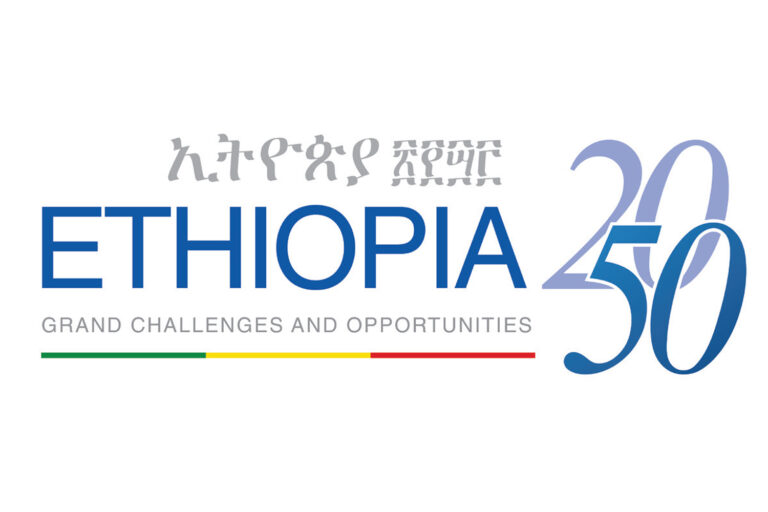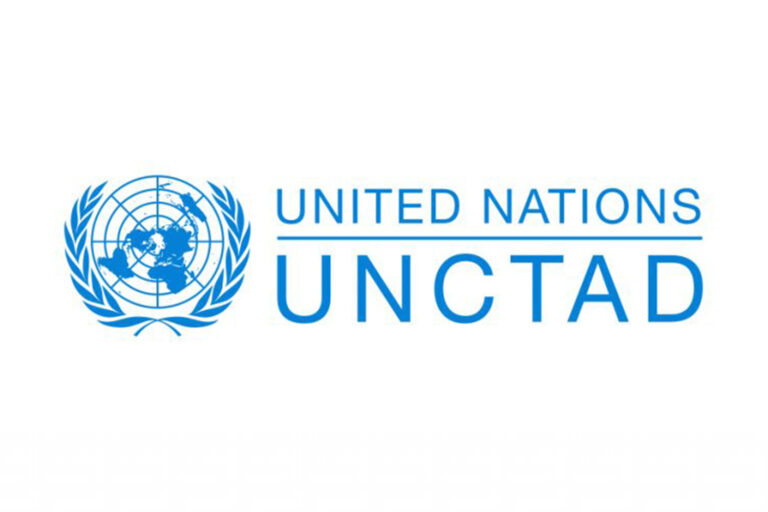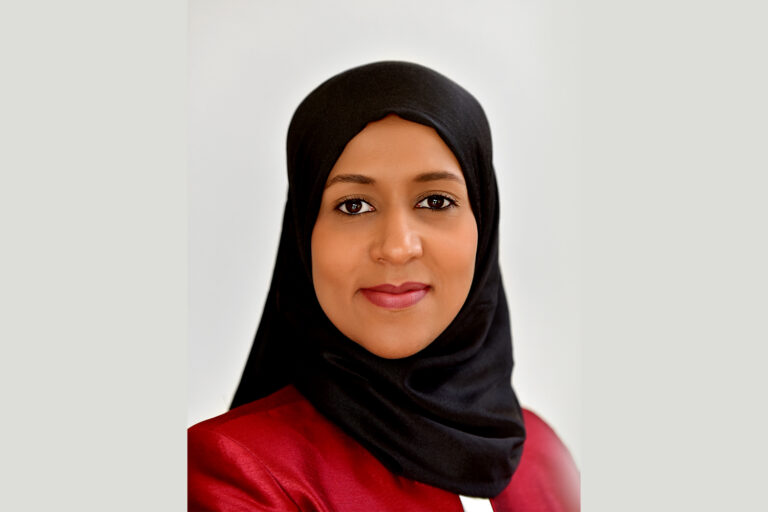New regulation that targets the improvement of skilled labour in the financial institutions is expected to be tabled for the Council of Ministers.
The capital market proclamation that was drafted by the National Bank of Ethiopia (NBE) is now at the Federal Attorney General.
The regulation that NBE has drafted is aiming to improve the growing demand and production of quality personnel in the financial industry, which is massively expanding because of different law changes.
Recently, the government has allowed the diaspora to invest in the financial sector besides opening up the sector to interest free banking as an independent business.
Information indicates that about 20 new banks are under formation. This will make the sector actors double.
Experts in the sector expressed their fear that the booming of the banking industry will have effect on access to professionals and that banks will be engaged in competitions to get experts with an attractive benefits package. This in return would affect the new coming businesses.
Besides improving the expertise in the sector, experts recommended that NBE should consider to easing its strict laws on the appointment of executive managements at banks.
“There are huge potentials at senior management level for young but dynamic bank professionals to lead the banks, while the central bank laws mainly focused on service period, which is difficult to fulfill for this young professionals,” experts told Capital.
The academy that will be established in the new scheme at Akaki facility will seek to provide a solution for the sector access to professionals. The regulation that is expected to be approved by the Council of Minister will be a go ahead to trainee experts in the banking, insurance; capital market and others related businesses.
Regarding the formation of the capital market, NBE has stated that it has concluded the draft of the proclamation that it sent to the Federal Attorney General for revision.
“Currently we are in repeated discussions with the Federal Attorney General on the draft proclamation that is expected to be sent to Parliament in this budget year,” Yinager Dessie, Governor of NBE said.
“We expected that the entity that will manage the capital market will be established in this budget year,” he added.
The formation of a secondary market is one of the strategies that NBE has set to implement in the economic reform.
Mid this week, Yinager has met with media to share the operation of NBE in the first three months of 2020/21 fiscal year. Such kind of meeting was not regular in the past rather the central bank published quarterly bulletins that evaluated the overall economic activity of country and its operation.
Yinager said that in the first quarter, the reserve money has increased by 5.7 percent that grew by 6 percent in the last quarter of the past budget year.
He said that the central bank has set to keep the reserve money increment to less than 12 percent.
Reserve money was 222.7 billion birr at the end of the third quarter of 2019/20, showing 25.3 percent a year-on-year and 13.0 percent quarterly growth.
In the first quarter of the fiscal year, the central bank has auctioned 33.46 billion birr that shall be an instrument to collect the money from the market which will prove useful to the government for different purposes. The T bill which commenced with new and open arrangements last December has become a more attractive potential participant to the likes of financial institutions and other investors.
In the first quarter, the central government has not taken any loan from central bank rather it has used the resource secured from T bill.
Borrowing from NBE is stated as money print that shall inflate the market since it is not self-generated from itself. Mostly the government uses loans from the central bank to fill its budget deficit. For the year, according to Yinager, the central government is expected to get 16 billion birr loan from NBE which was 30 billion birr in comparison to the last fiscal year.
Average lending interest is 14.3 percent and the savings deposit interest rate remained at 8 percent in average.
The value of birr has dropped in the first quarter of the fiscal year against major hard currencies, while the Governor did not give figures.
In the first quarter, the commodity export generated USD 832 million that increased by 15 percent compared with the same period of last year
Gold export that took the lion’s share has contributed USD 200 million in the stated period.
In this period the trade deficit stood at USD 2.6 billion in comparison to a similar period last year which was USD 3 billion.
105 billion in new saving has been accounted for this year which is six times compared with the same period of last year. According to Yinager different directives like cash withdrawal limit that was issued by NBE has contributed for the deposit mobilization.
In the past one plus months, 1.2 million new account holders came to the bank because of the currency change.
37 billion birr from new and existing bank account holders has been collected following the introduction of demonization introduced mid-September.
Yinager said that in relation with demonization besides expanding saving and liquidity at banks, it has also reduced the parallel market.
55 billion birr in fresh loans has been disbursed in the stated period of which the private sector share was 85 percent.
Since the new leadership came to power, the issue of access to finance for the private sector has received attention and the private sector has become a major beneficiary compared to public institutions.
According to Yinager, the liquidity challenges that were observed in the last fiscal year at banks for now has eased.
The credit information bureau at NBE has mobilized the information of borrowers from banks and microfinance institutions.
Over three million borrowers’ information mainly from banks has been included on the bureau database and further registration of borrowers’ information mainly from microfinance institutions has continued.
Because of COVID 19 the general assembly of financial firms may be undertaken on revised directive that NBE issued for the period.
Previously a shareholder shall represent only 10 votes of others but on the revised law a shareholder shall have open proxy as per the power of attorney she or he gets from others via either at authentication office or on the system at their banks.
Ethiopian who works in international organizations whose earnings are in foreign currency will be allowed to have saving accounts in foreign currency.
The government is also working to encourage the saving of the diplomatic communities. The government has conducted different studies to encourage this initiative. One of the incentives will be the interest rate that they will get when they save the foreign currency.
Yinager said that special case shall be seen for those who are unable to go with the time frame for the currency change.
According to Yinager, depositors insurance fund regulation is under the draft stage to be tabled for the Council of Ministers. “The regulation will give security for depositors if financial firms face challenges,” he said.
‘Retention and utilization of export earnings and inward remittance directive no. FXD/48/2017’ has been amended by FXD/66/2020 that gives more room for exporters to use the foreign currency by imported unrelated sectors they are engaged in.
The directive stated that exporters of goods and services as well as recipients of inward remittance are entitled to utilize the balance in foreign exchange retention account ‘A’, which is 30 percent of the total earning, only for import of priority import items like pharmaceuticals and pharmaceutical product, agricultural inputs machineries, chemicals, manufacturing input, machineries and equipments, motor oil, lubricant, import of nutritious food for babies, edible oil, wheat and sugar.
Exporters and other hard currency generating bodies have a right to use 30 percent of the earnings of account balances for an indefinite period of time and the 70 percent for up to 28 days. Meanwhile the accounts shall be used to finance direct business related and currency payments, based on the 2017 directive which has now been opened for 30 percent retention to use for the import of unrelated businesses.
The amendment has been appreciated by experts since it encourages the export earnings, while some others like industrialists, who claimed that their business is significantly damaged because of the lack of hard currency to import raw material, criticized it because exporters who imported other materials like industrial inputs sale the raw material at high prices making production cost to be high. This in turn leads to inflation and incompetently finished goods.
The industrialists that Capital talked to, express that rather than allowing exporters to use the stated percentage of hard currency portion for the import of unrelated business the government should address the industry sector, which are engaged on import substitutions.






